Stepping Up In Lebanon
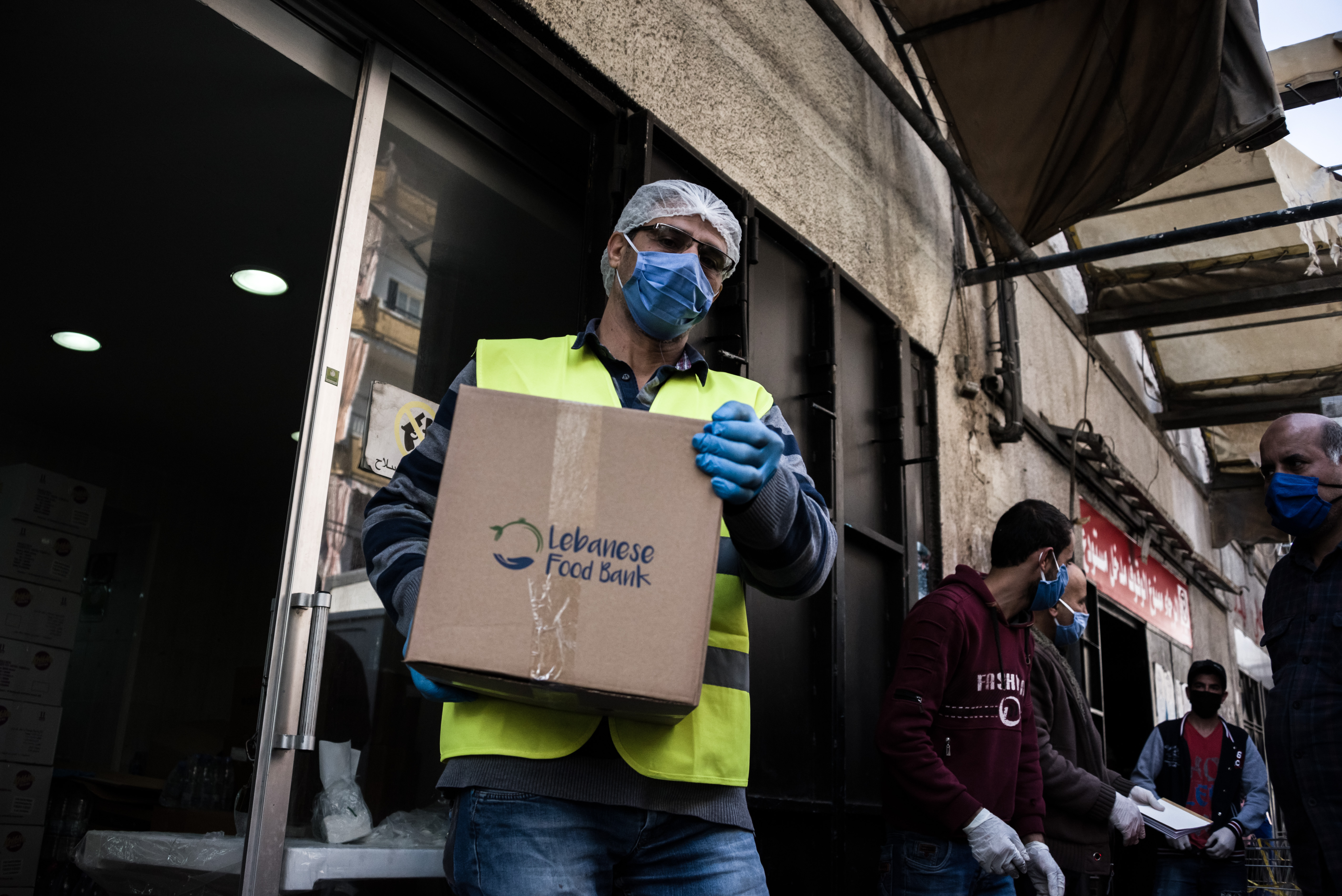
On October, 17th 2019, Lebanon saw a series of protests led by the people that called for political and economic reform. What could be characterized as a political revolution creating intense civil unrest became the backdrop when the COVID-19 pandemic hit. Without a stable government structure, civil society has stepped in to fill the gaps.
Eight years ago, Walid Maalouf co-founded the Lebanese Food Bank (LFB) for his Fellowship venture with a mission to provide food on a daily basis to families and individuals while eliminating food waste. Now, LFB and Walid are stepping up in a big way to provide food as it becomes harder to access due to the immense economic impacts of the pandemic. To fund a new service model, Walid and LBF raised $1 million USD in under one hour on a zoom webinar enabling LBF to continue to scale rapidly to meet the demands of the impacts of COVID-19.
We spoke to Walid about the impact of COVID-19 in Lebanon, his work with LFB, and how he’s leading through this crisis. Some answers have been edited for length and clarity.
We’ve seen the landscape of the world - and its greatest challenges - be magnified by the COVID-19 pandemic. How has the pandemic changed or magnified challenges in Lebanon?
Due to political, geopolitical, internal politics and pure corruption, the government lacks the capabilities needed for major reforms.
In 2011 - the beginning of the war in Syria - the number of people living below the poverty line in Lebanon was already very high - around 29% population. Lebanon is a service economy, so COVID has had a huge impact on the economy. We hear international agencies talking about anywhere between 45% and 65% of the population are now living on or below the poverty line.
For your Fellowship venture, you co-founded an organization that stepped up to fill gaps left by the government: the Lebanese Food Bank (LFB). What was the problem you were trying to solve and what motivated you to start?
I've been in the hospitality industry my entire life and seen the amount of food waste. I've always wanted to do something about it. When I embarked on the Middle East Leadership Initiative it gave me the framework to address the issue. [With the Fellowship], I had this group of people pushing me to do it and not wait.
How has COVID changed your work at LFB?
Traditionally we're here to fight food waste. The core program is to stop food from reaching a landfill while it’s still edible, but I pushed hard for the collection practices to stop due to food safety concerns revolving around COVID. We had to change the business model and push to scale really rapidly - rising up to the challenge of impacting the country on a national scale. Now, we buy food instead of recuperating, sanitize these packages, and get them out in food relief boxes the same way the United Nations does around the world.
We’ve moved to a facility 10X larger than where we were before. We’re working with a network of 80-85 NGO partners around the country to supply [food] across the country and we want to recruit new NGOs in areas where we were less present geographically. We’re scaling pretty much everything and that requires funds of course.
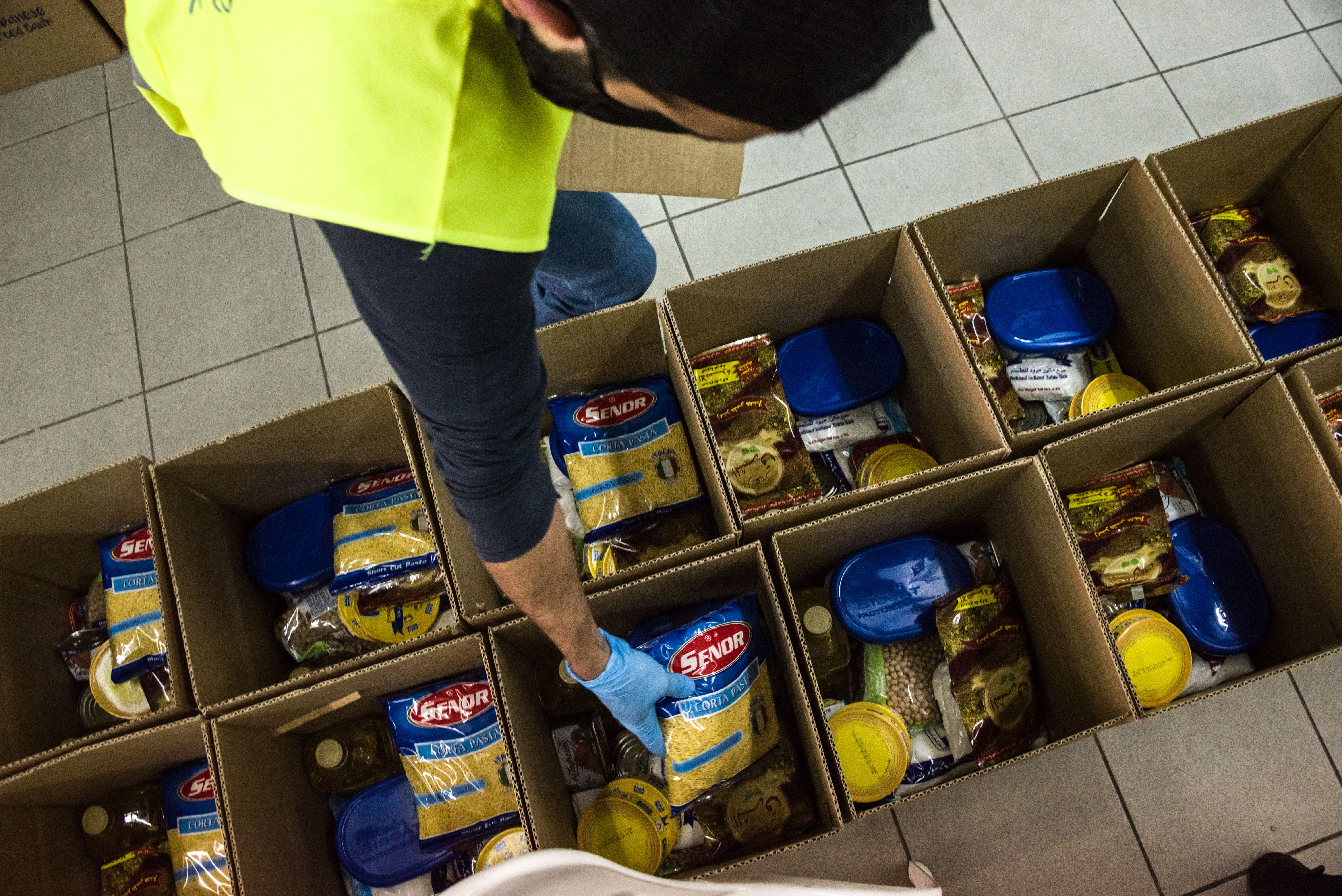
With NGO partners SEAL USA (New York) and Beit El Baraka, you were able to raise $1 million USD for LFB in under an hour via a fundraising zoom webinar. What about this crisis do you think motivates this type of bold action and goodwill?
I think it's a realization that we are living in a historic time. It's been an interesting journey where the Lebanese community understood that there was poverty, but never really acknowledged the extent of it. Now, it has become a reality that hundreds of thousands of people lost their jobs. Everyone has family who have lost their job or are only getting 50% of their pay. The local currency lost 60% of its value. I think we needed that shock for people to say, "It's time to help." It's traumatic what's happening. It's tough to imagine such generosity before.
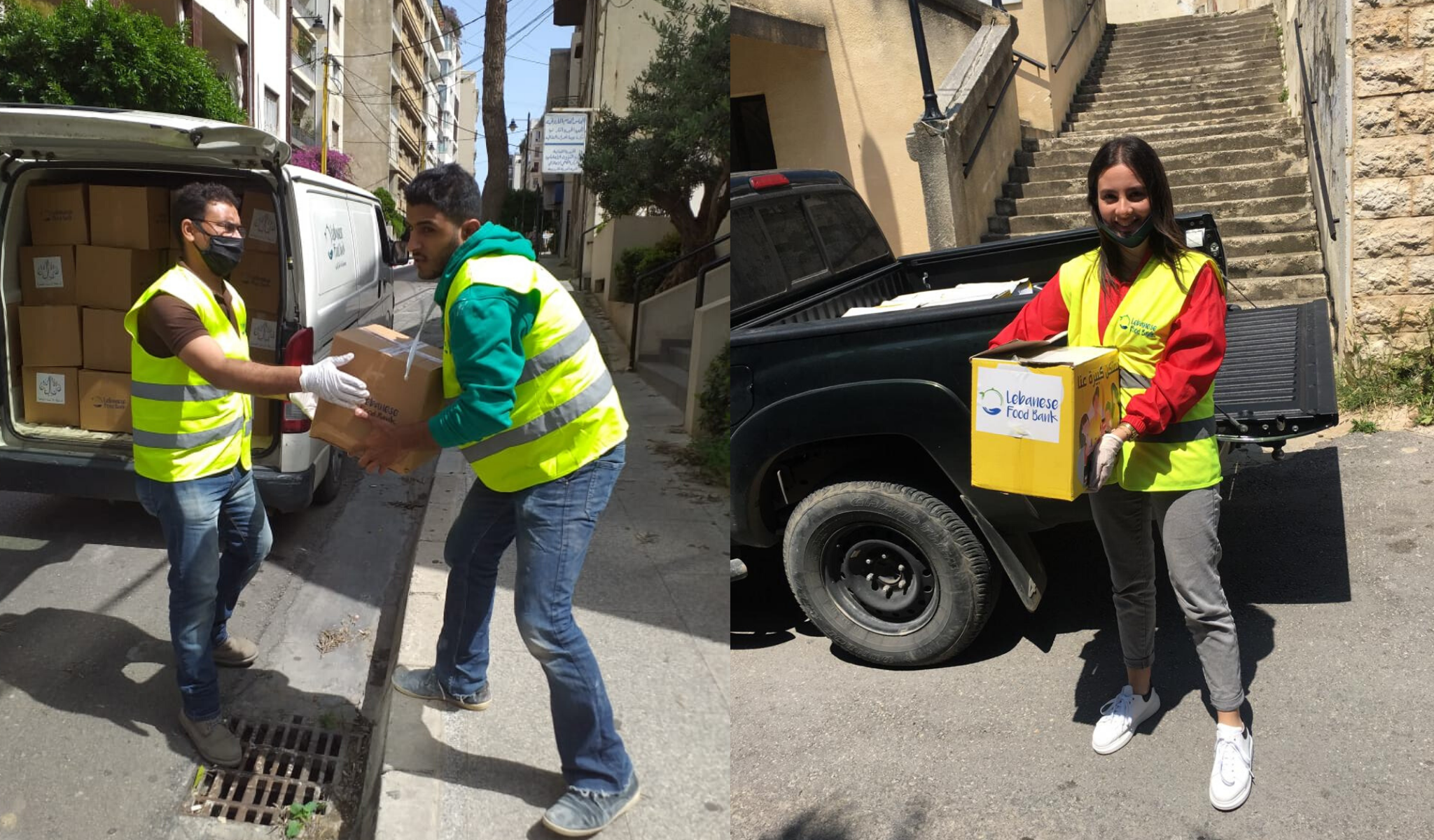
As a Middle East Leadership Initiative Fellow, how has your Fellowship experience changed the way you approach situations like the COVID-19 outbreak?
The Fellowship tests your relationship to values and to dilemmas and we live this every day. Now, I put it immediately in the context of a humanitarian crisis where you need to make decisions. You need a really strong value system. [I’ve been] inhabited by this sense of values-driven decision making.
In this endeavor, we had to have major conversations to decide: How do we decide on distributing 50,000 boxes? That's 50,000 families - around 200,000 people - that will or will not get that relief. How do we decide that strategically? How do you decide whether it's the poorest that get it first or whether it should be equitable geographically? It helped to face that with the context of an Aspen experience.
For other leaders making tough decisions and facing trade-offs during this crisis, what advice do you have for them?
Number one, my advice is really stay calm, stay composed, and stick to what you set out to do from the first day. Go back to your mission statement and execute it while listening to those around you - whether that be your board members, the friends you have, or your stakeholders. Don’t get distracted by the media or by the urgency of the situation. You only get one chance to do it right. You really need to stay close to your core values - whatever the organization is.
What values are guiding your decision making through this crisis?
The values of integrity, transparency, and the value of human dignity. I see them as pure common sense, but they seem to have disappeared in our word. Look at human dignity, look at the real situation, have integrity in your approach. Have a rationale that you can defend when you go to sleep at night.
Did your MELI experience help you drill down on those values that you were just talking about?
Before engaging in the [Fellowship] process, I saw those [values] as things you lived by. You don't know why. It's in your education system, your parents… the way you were brought up. But really discussing them in such a candid setting is phenomenal. Looking at your decision-making processes as a leader and confronting it to others makes you think about [your decisions] in a different light. It makes you more determined in applying those core values even if you had them from the outset.
How are you staying resilient through this time?
It's quite challenging. [I take] moments of loneliness, meditation, family - spending more time with my daughter - walking as much as possible… even if it's difficult. Having a certain rhythm in your day that gives a sense of normality has been important to sort of break this horrific state of the whole world around you.
I’m also reconnecting and cherishing bonds with people around the world that I haven't attended to in a long time.
What gives you hope at this moment?
What gives me hope is really the feeling of fraternity that you see. The outburst of love that you see across nations within communities that really don't speak to each other. [In Lebanon], it's been quite refreshing to see parts of the country that haven’t spoken to each other for a long, long time, now holding hands. That started during the revolution in October but is now even more vivid.
On a more global scale, I have a lot of hope that humanity will realize that we're one. The virus is attacking us in the same way and I really hope that nations will recover with a new consciousness about issues like climate change, poverty, and inequality. My hope is that people become more conscious of our common destiny as a planet.
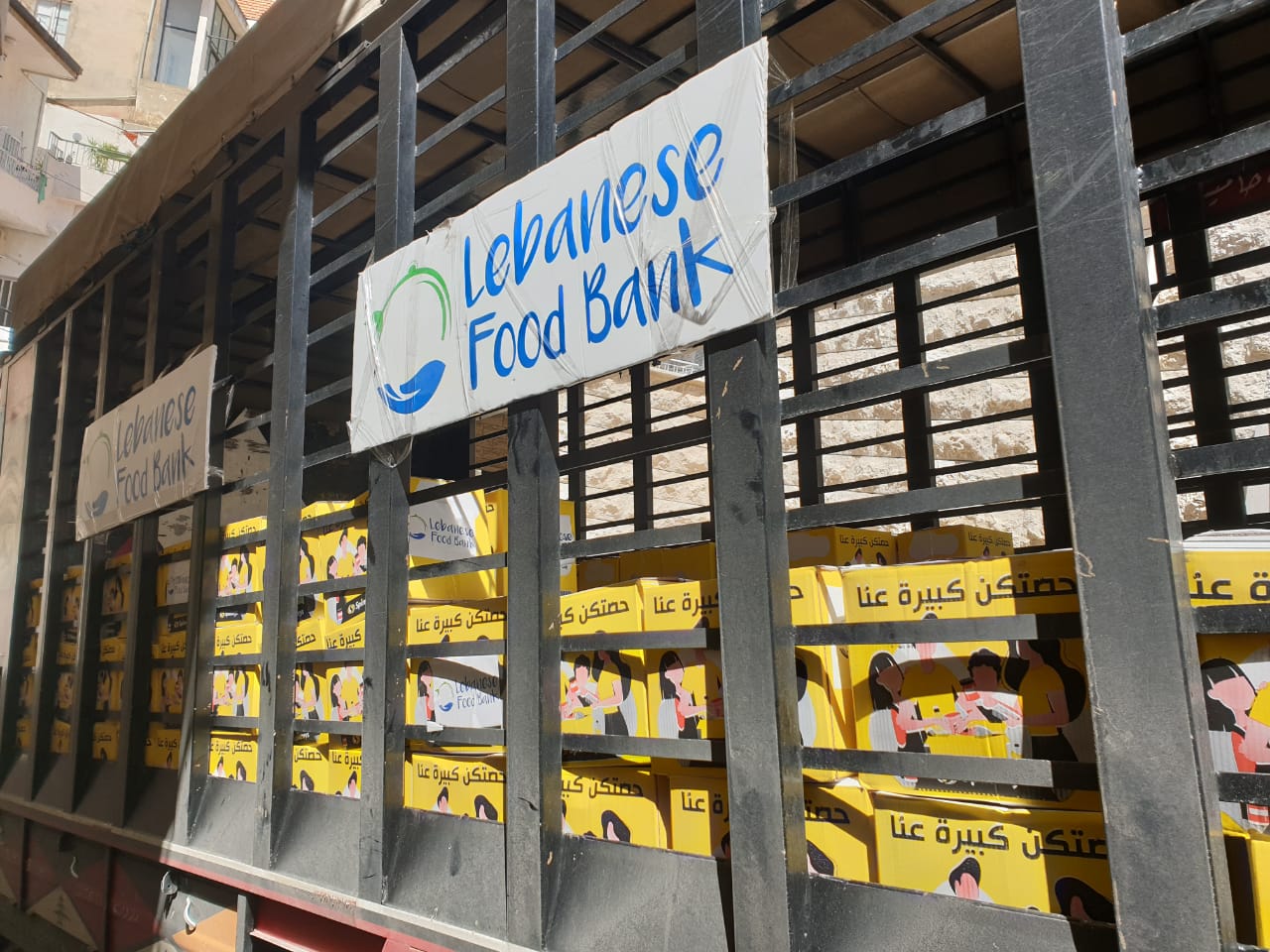
Other Recent Posts
Explore upcoming opportunities to come back together with this community and continue the journey of fellowship. October 14-15, 2023 | Dubai, UAE AGLN Fellow Reunion in Dubai Fellows across the AGLN, especially those in China, India, Africa and the Middle East, have expressed a desire to reconnect with one another to build deeper bonds in a location ...
Charles Conn is a 2001 Henry Crown Fellow. He is co-founder of Monograph, a life sciences venture firm, and chair of Patagonia. Charles co-authored best-selling Bulletproof Problem Solving , and newly released The Imperfectionists: Strategic Mindsets for Uncertain Times (Wiley 2023). Our Operating Context We live in a different world than the one ...
Together with the McNulty Foundation, we're excited to announce the Winners of the 2022 John P. McNulty Prize , three individuals who have leveraged their expertise, experience, and networks to build and lead transformative social impact ventures. Their transformative social ventures are striving to end malnutrition worldwide , sparking a ...
More than a year after the January 6, 2021, attack on the U.S. Capitol, the American political landscape reflects the yawning divides highlighted on that violent day and reveals the extent to which extremist beliefs have become part of the mainstream. As the 2022 midterm election campaign kicks into high gear, I’m deeply concerned about the state of ...
Fellows across the network are tackling issues like good education, diversity on boards, cross-community dialogue and more. This Giving Season, we're excited to share causes close to the hearts of Fellows across our global community. Read below and consider giving or getting involved in these incredible organizations.
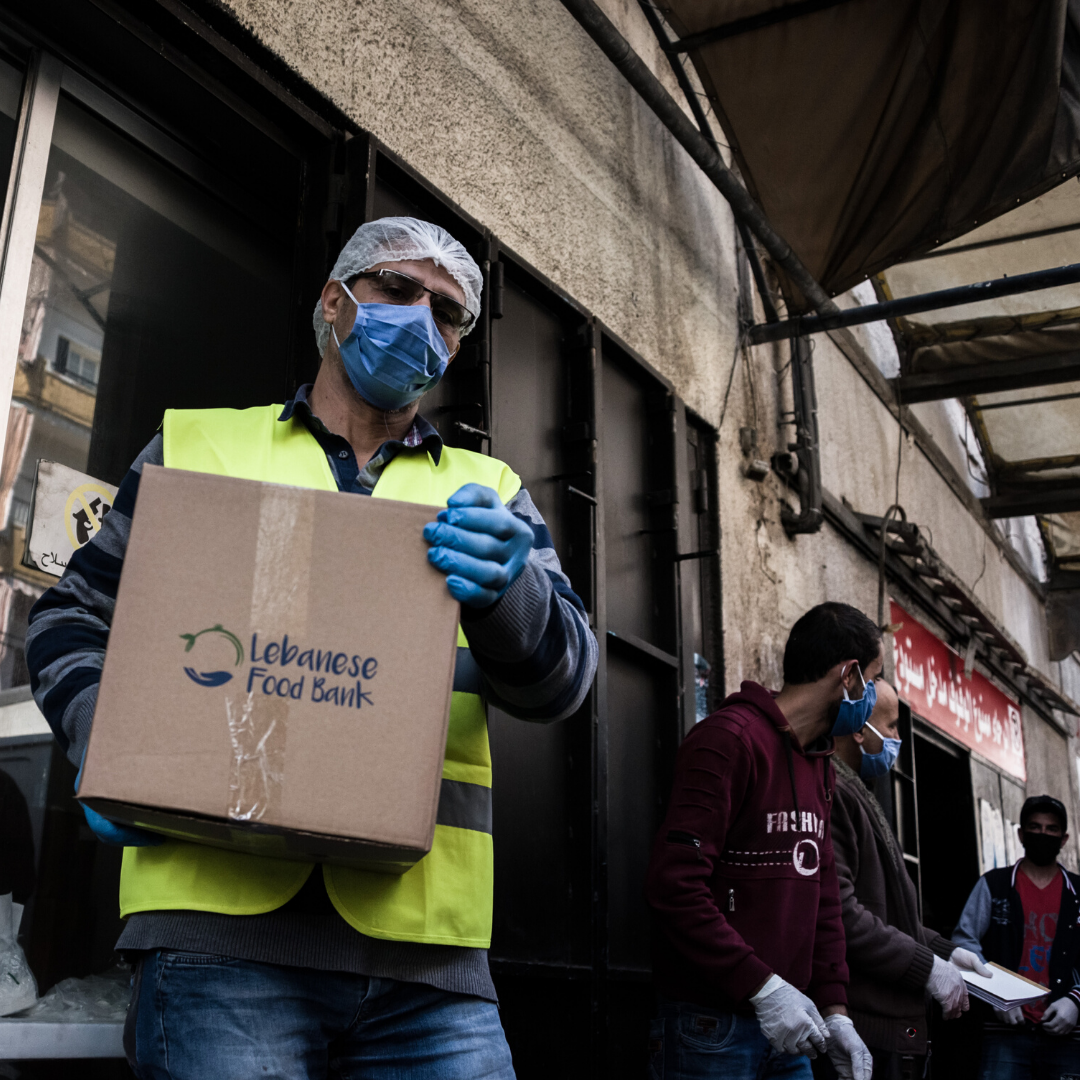
Leave a Comment